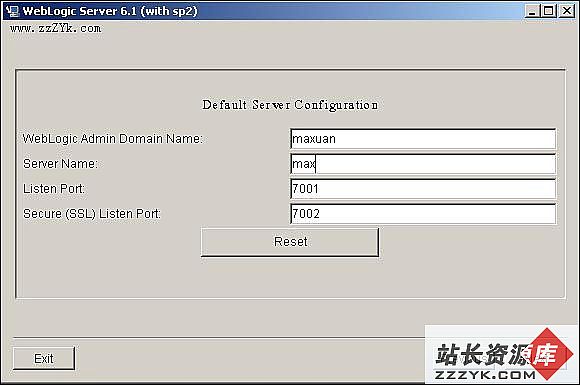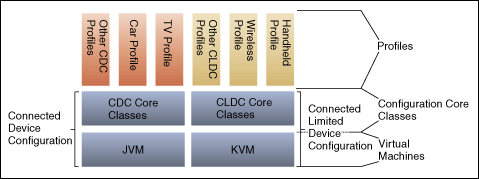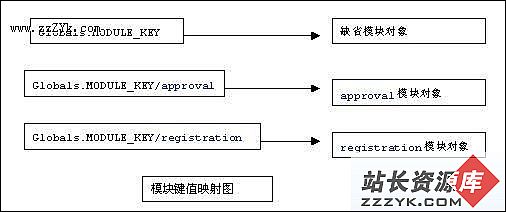J2EE Enterprise Beans(原文)
Enterprise beans are the J2EE components that implement Enterprise JavaBeans (EJB) technology. Enterprise beans run in the EJB container, a runtime environment within the J2EE server (see Figure 1-5). Although transparent to the application developer, the EJB container provides system-level services such as transactions to its enterprise beans. These services enable you to quickly build and deploy enterprise beans, which form the core of transactional J2EE applications.What Is an Enterprise Bean?
Written in the Java programming language, an enterprise bean is a server-side component that encapsulates the business logic of an application. The business logic is the code that fulfills the purpose of the application. In an inventory control application, for example, the enterprise beans might implement the business logic in methods called checkInventoryLevel and orderProduct. By invoking these methods, remote clients can access the inventory services provided by the application.
Benefits of Enterprise Beans
For several reasons, enterprise beans simplify the development of large, distributed applications. First, because the EJB container provides system-level services to enterprise beans, the bean developer can concentrate on solving business problems. The EJB container--not the bean developer--is responsible for system-level services such as transaction management and security authorization.
Second, because the beans--and not the clients--contain the application's business logic, the client developer can focus on the presentation of the client. The client developer does not have to code the routines that implement business rules or access databases. As a result, the clients are thinner, a benefit that is particularly important for clients that run on small devices.
Third, because enterprise beans are portable components, the application assembler can build new applications from existing beans. These applications can run on any compliant J2EE server.
补充:Jsp教程,J2EE/EJB/服务器




